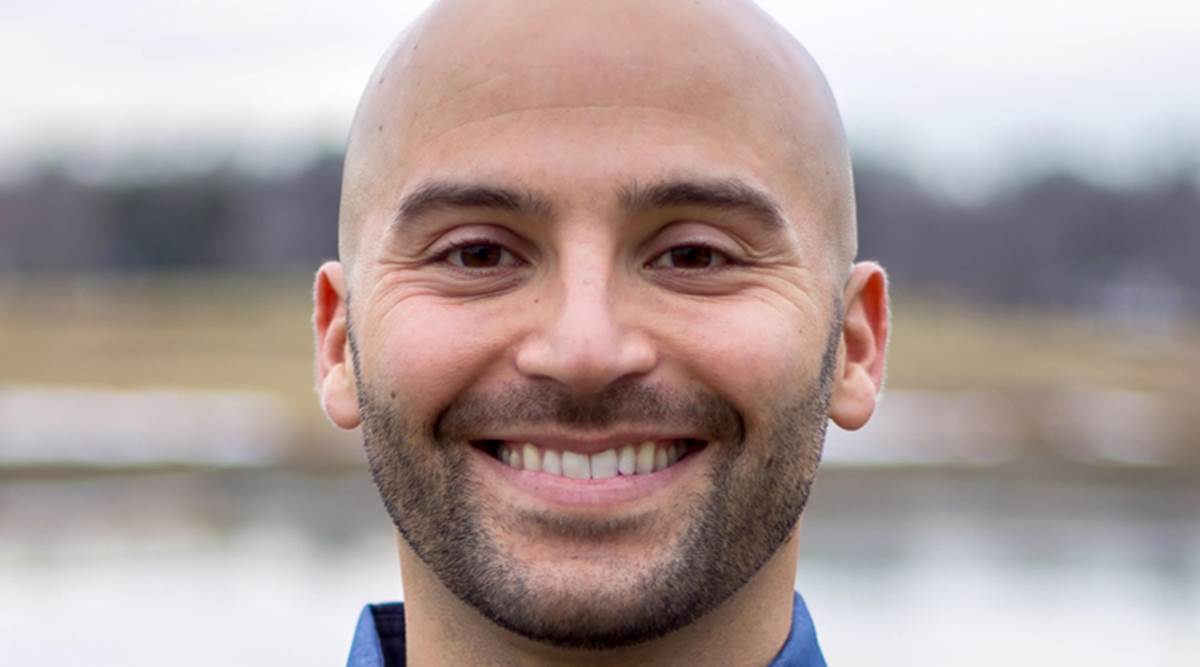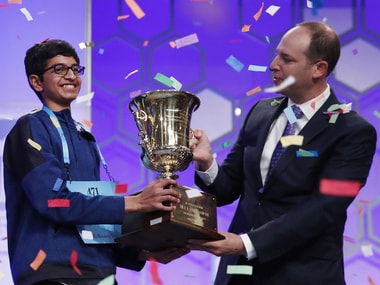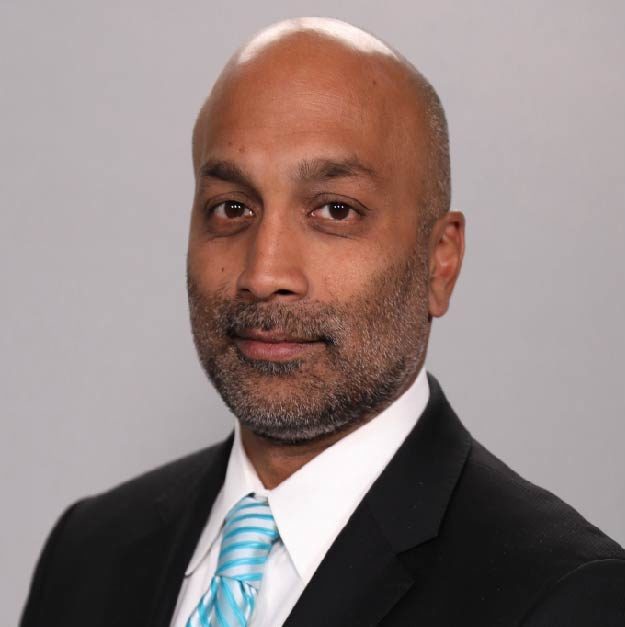


There’s only one master list for everyone. “It has to be frustrating to discover something you know is a word - one you might even use regularly - only to see it nullified by the game,” he said. “You can’t take a kid who is not interested in words and turn him into a champion,” she said. However they train, there is one characteristic all elite spellers must have: a love of words, said Ms. “I think spellers can figure it out for themselves.” “I think coaching is slightly overrated,” said her brother, Mr. Dasari, who along with her brother runs a paid spelling bee prep service called SpellPundit, said there are now enough online programs that older spellers could theoretically train alone and be competitive. That kind of work often requires help - from a professional coach, who may charge as much as $200 an hour, or from a parent who has the flexibility and patience to dedicate long hours to their children’s mastery of words like “winceyette,” “meerschaum” and “smaragdine.” “Memorizing roots and patterns is super important to be a good speller.”ĭuring the long hours, spellers study medical terms, Japanese words and Greek, Latin, Spanish and even Yiddish roots to master the building blocks of the words they may be called upon to spell, said Ms.

“The other aspect that people overlook is that preparing for spelling bees means understanding the mechanics of how language works,” she said. His sister, Shobha Dasari, 20, a three-time semifinalist in the national spelling bee, said the training goes well beyond rote memorization. “It just gotten a lot more competitive, even more than in the early 2010s,” he said. “In the four months leading up, it’s six to 10 hours a day,” said Balu Natarajan, who won the National Spelling Bee in 1985 and whose son, Atman Balakrishnan, was a finalist in 2019.įor elite spellers - those spellers who return year after year to the competition - training is akin to a part-time job, said Shourav Dasari, 18, a former finalist. And that’s when there is no tournament coming up.


 0 kommentar(er)
0 kommentar(er)
